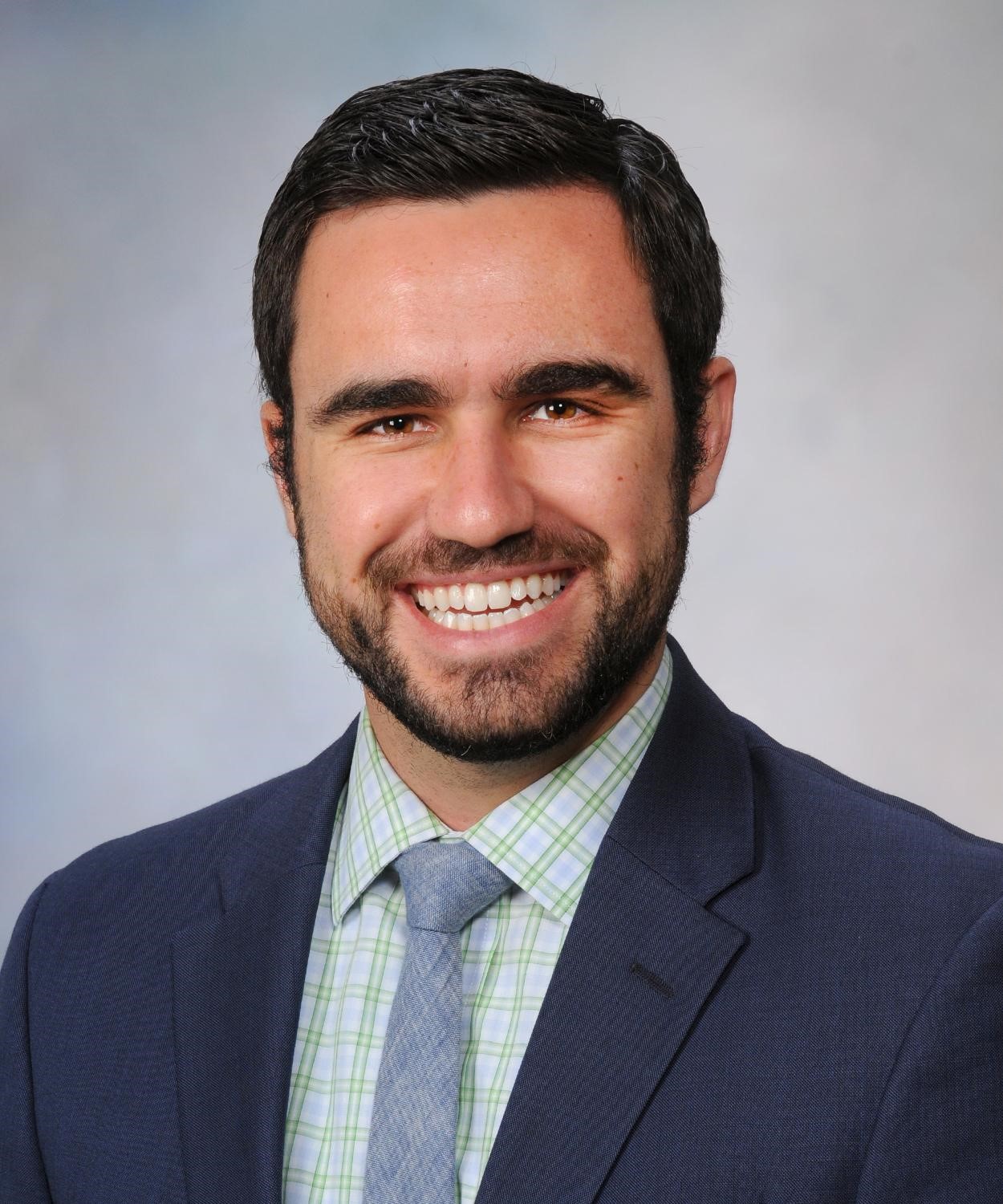
I. The Epidemic
Since 1999, over 700,000 Americans (more than the population of Washington DC) have died from drug overdoses, majority of which were opioid related.1 Throughout that time period, the situation has not improved and, in fact, has gotten worse. Twenty years ago, 8,048 people died from an overdose of opioids while just two years ago, in 2017, a record 47,600 people died from overdosing on opioids.2 In light of this death toll, states, cities, and counties are accusing drug distributors and manufacturers of violating the Controlled Substances Act, which requires pharmaceutical companies to alert the government if there are prescription purchases of unusual frequency, amount, or size. Also, the government claims that certain pharmaceutical companies participated in questionable marketing techniques by lobbying doctors and politicians in order to prescribe opioids at unreasonably high amounts.3, 4
II. Timeline
America’s problem with opioids began in the 1980’s when prominent pain specialists suggested that opioids had a low incidence of addictive behavior and pushed for the increase of opioids to treat long-term pain.5 Then, in 1995, the Food and Drug Administration (FDA) approved OxyContin, an opioid made by Purdue Pharma.6 Doctors began prescribing these powerful painkillers at incredibly high rates and drug abuse followed. In 1999, 400,000 people reported using OxyContin for non-medical purposes.6 In 2002, that number rose to 1.9 million and in 2003, it reached 2.8 million.6
In that same year, Barry Meier stated in his book Pain Killer: A Wonder Drug's Trail of Addiction and Death that Purdue Pharma had informed doctors that the risk of addiction to OxyContin was less than 1 percent. Later, the scientific community discovered that this statistic was based on one 5-sentence paragraph describing an observation of hospitalized patients in Boston.7 Purdue Pharma executives paid for this deceitful marketing practice through a settlement of $634.5 million in 2006.8 Two years later, another pharmaceutical company, McKesson, agreed to pay $13.25 million for failing to design and implement a system to deal with suspicious orders for opioids.9 By 2009, 1.2 million Americans who visited the emergency department had issues related to misuse or abuse of pharmaceuticals, an increase of more than 98% since 2004.6
III. Current Lawsuits
After pharmaceutical companies settled countless more lawsuits in the years following 2008, the year 2019 marked the start of the largest legal proceedings to date with Oklahoma leading the charge. On March 26, Purdue Pharma agreed to pay Oklahoma $270 million for its role in the opioid epidemic.10 On May 26, Teva Pharmaceuticals agreed to pay Oklahoma $85 million for its role in fueling the opioid crisis.11 Exactly three months later, the state of Oklahoma required that Johnson and Johnson pay them $572 million for their part in the increased rate of opioid addiction and overdose deaths.3 In September, Purdue Pharma agreed to pay out $12 billion to various parties represented by 2,000 lawsuits for their part in fueling the opioid epidemic. Due to this payout, Purdue Pharma filed for bankruptcy and quit selling the infamous drug OxyContin.12 Finally, on October 1, 2019, Johnson and Johnson settled with Cuyahoga and Summit Counties for $20.4 million.13
IV. The Future
As demonstrated throughout the events of the last twenty years, pharmaceutical companies failed to learn from their mistakes early on and continued to grossly misuse their power in order to sell more drugs. The opioid epidemic is a blemish for the entire American healthcare system and the agencies that regulate it. In an effort to atone for these failures, funds from these settlements will be used to expand treatment facilities, reimburse Medicaid and other government agencies, and assist law enforcement agencies and jails.14
Some have said 2019 will be a turning point in the opioid epidemic, similar to the turning point in the late 90’s when fierce legal attacks levied on the tobacco industry by the American government changed Americans’ relationship with the tobacco industry.15 Hopefully those speculators are right, and, through the prodding of legal action and revamped regulations, the pharmaceutical industry will change their relationship with the American public as well.
Author bio:
Caleb McKinney
Caleb McKinney is a 1st year medical student at Loma Linda University School of Medicine. He graduated from Southern Adventist University in December with a degree in finance and a minor in chemistry. Caleb is passionate not only about the science of medicine, but also about the financial, political, and social aspects of medicine that make this field so unique. He enjoys spending time with his lovely wife of one year and five months, working out, playing/watching sports, and finding great vegan food in Southern California.
References:
- https://www.vox.com/science-and-health/2019/3/26/18282262/opioid-epidem…
- https://www.drugabuse.gov/related-topics/trends-statistics/overdose-dea…
- https://www.levinlaw.com/government-opioid-lawsuit
- https://www.vox.com/policy-and-politics/2017/6/7/15724054/opioid-epidem…
- http://www.cmaj.ca/content/190/1/E26
- https://www.fda.gov/media/106638/download
- https://archive.org/details/painkillerwonder00meie
- https://www.nytimes.com/2007/06/19/business/19drug.html
- https://www.justice.gov/opa/pr/mckesson-agrees-pay-record-150-million-s…
- https://www.npr.org/sections/health-shots/2019/03/26/706848006/purdue-p…
- https://www.npr.org/2019/05/26/727179915/teva-pharmaceuticals-agrees-to…
- https://www.vox.com/policy-and-politics/2019/9/11/20861226/purdue-oxyco…
- https://www.vox.com/policy-and-politics/2019/10/2/20894380/johnson-and-…
- https://www.governing.com/week-in-finance/gov-opioid-settlement-lawsuit…
- https://www.workingpartners.com/over-600-lawsuits-against-opioid-compan…

